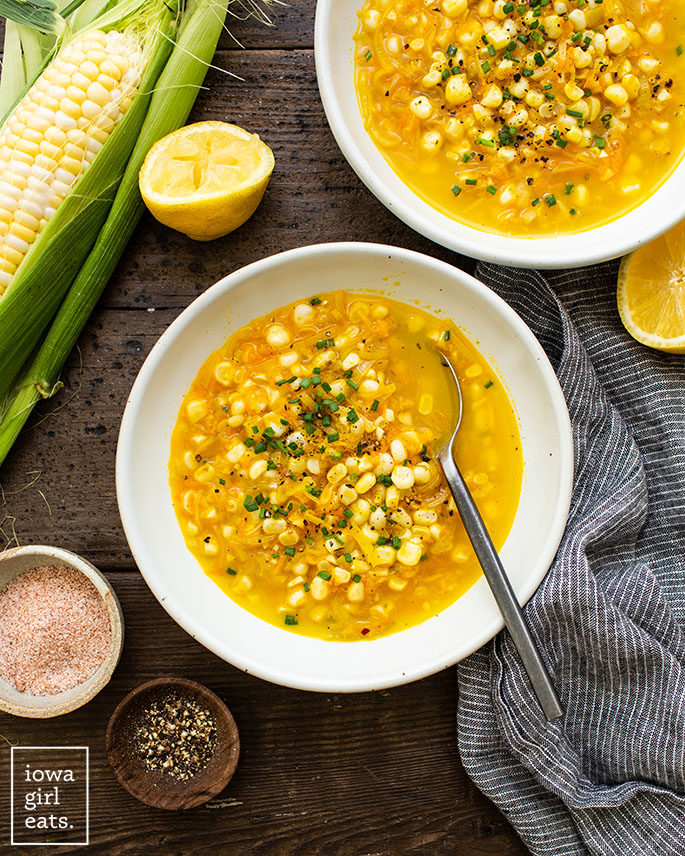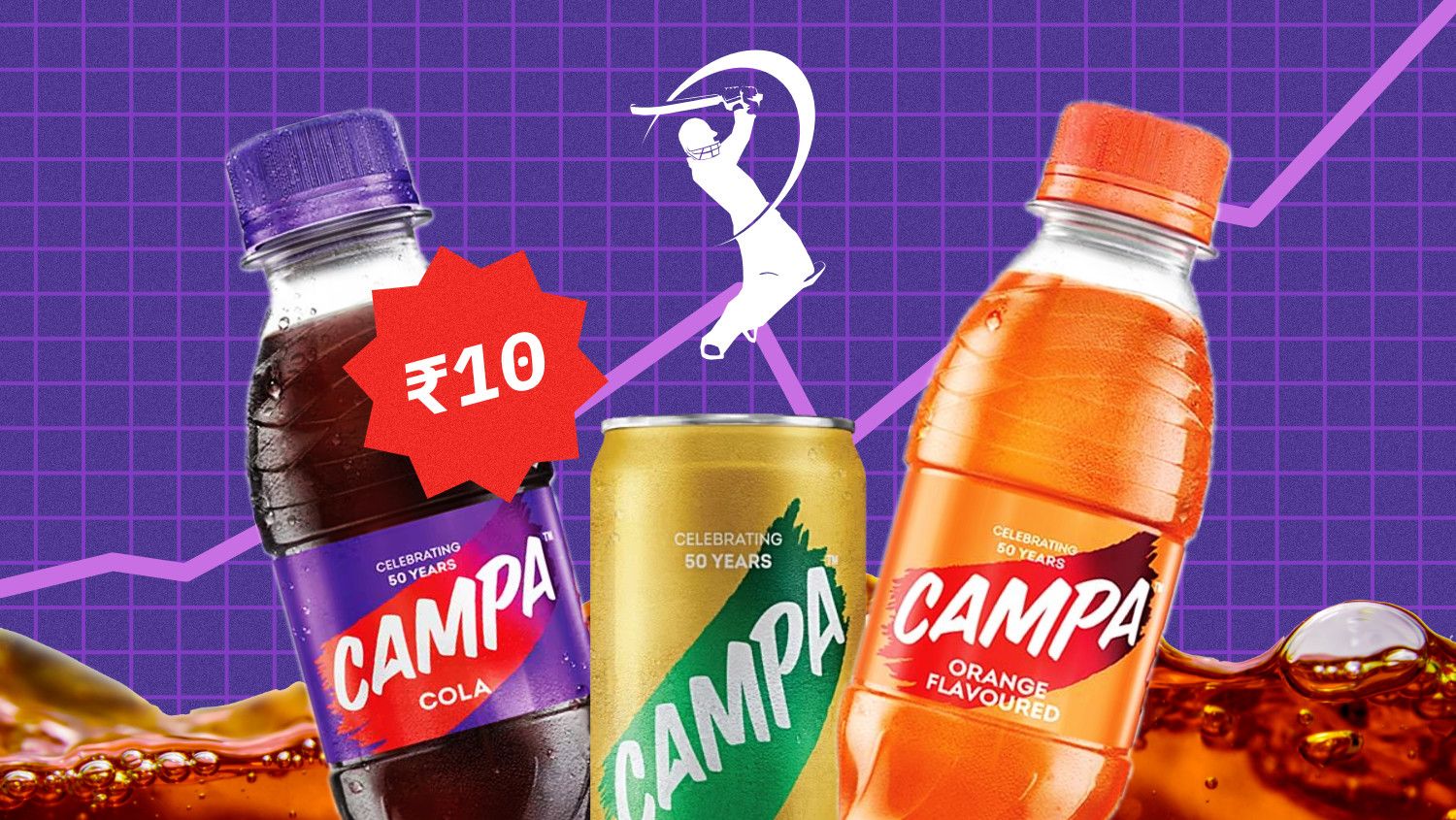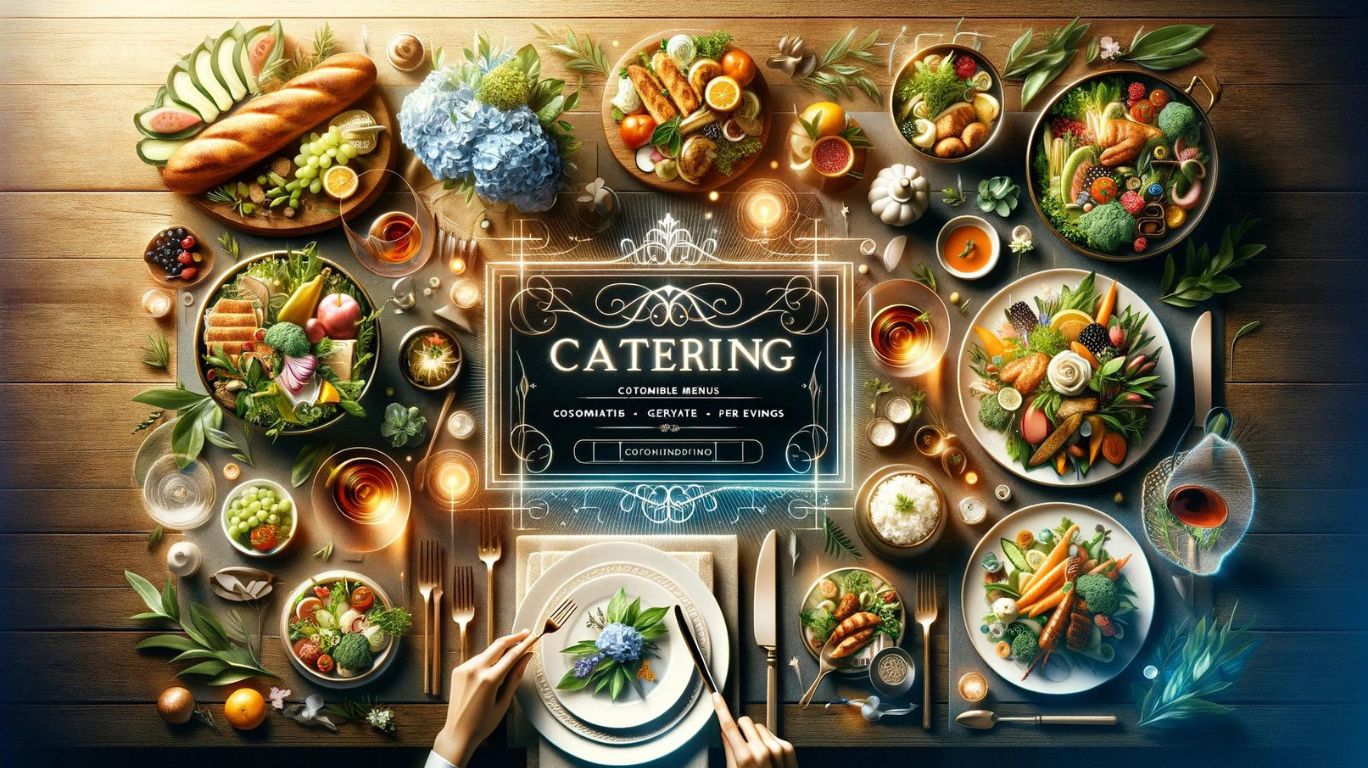This is the Very best Way to Get Far more Antioxidants Into Your Diet plan
It is not tough to discover meals and beverages in the grocery retail outlet as becoming touted as “rich in anti-oxidants.” Blueberries, eco-friendly tea, you know the drill. The underlying concept is apparent: food items containing antioxidants are far better for your total wellness. Even crimson wine and chocolate are sometimes touted for this meant dietary benefit. But what are anti-oxidants, particularly? And do they basically make wine fantastic for you?
At the most essential level, anti-oxidants are tiny chemical compounds that neutralize absolutely free radicals, unstable molecules made in the overall body that can destruction cells. No cost radicals are thought to engage in a purpose in quite a few chronic conditions, together with coronary heart ailment, diabetic issues, and cancer. A huge variety of natural vitamins, minerals, and other substances—including C and E, zinc, selenium, beta-carotenes, lutein, and more—serve as antioxidants, and are routinely highlighted on food packaging and hawked as nutritional supplements. A diet plan prosperous in anti-oxidants, as a result, should aid delay or even protect against disorder. Appropriate?
Nicely, prior to you begin guzzling chocolate syrup and housing vitamin E supplements, listed here are some antioxidant basics to take into consideration.
The Radical Reality
The 1990s have been wild instances: Flannel was substantial style and antioxidants instantly obtained attractive. The major cause comes back again to the romance in between anti-oxidants and no cost radicals. Free radicals are oxygen-containing molecules that are formed all through natural procedures: The entire body provides them as it converts foodstuff into power. You also make them throughout exercise as effectively as a outcome of environmental publicity to matters like daylight and tobacco smoke.
The “radical” refers to the primary chemistry of these molecules—free radicals are unstable simply because they have an uneven range of electrons. Via oxidation, totally free radicals respond with other molecules in the overall body by thieving their electrons. For the most element, this is normal, and even advantageous in some situations. (For occasion, free radicals are produced by the immune system as it begins to combat invaders enable ruin viruses.)
Way too quite a few no cost radicals in the human body, nevertheless, direct to a condition oxidative strain. Still left unchecked, totally free radicals will chew up proteins, lipids, items of DNA, mobile membranes—pretty substantially anything at all that guarantees the body’s cells are wholesome and undertaking adequately. If you are searching for the acceptable metaphor, bite into an apple and allow it sit in the solar for a number of minutes: The insides of that juicy Golden Delectable will without doubt oxidize and change an unappetizing brown color. Now think about that going on within your overall body.
Enter the humble antioxidant. We extract these from foodstuff, and they’re impressive free of charge-radical fighters simply because they willingly surrender some of their very own electrons to free of charge radicals. A balance of cost-free radicals and anti-oxidants in the human body retains oxidative stress in check out. During the Clinton several years, researchers began to link no cost-radical harm to the initial stages of atherosclerosis and a number of other serious disorders. Some scientific tests confirmed that individuals who ate less antioxidant-rich fruits and veggies have been at a larger possibility of acquiring these disorders. Subsequently there was a push to not only greater comprehend anti-oxidants, but also to determine out regardless of whether supplemental forms of antioxidants would stave off chronic disorder.
Health supplement Your Diet (But Not With Supplements)
A bunch of scientific studies measuring the outcomes of antioxidants sent by using supplement shipped, perfectly, blended outcomes. Medical trials of beta-carotenes sponsored by the Countrywide Institutes of Wellbeing and completed in the 1990s confirmed no safety against heart ailment or most cancers. A further, later examine, this time of nutritional vitamins E and C, located no reduction in “major cardiovascular events” like coronary heart attack or stroke in 14,000 medical professionals aged 50 and more mature. (The Nationwide Centre for Complementary and Integrative Overall health has a very good rundown of all the experiments and what they identified.)
So what presents? It is important to note that the term antioxidant, as the Harvard Medical College points out, “reflects a chemical property rather than a precise nutritional residence.” They act as electron donors in their quest to neutralize cost-free radicals. In other words and phrases, you can’t gorge yourself on the matters. And solutions labeled as “antioxidant-loaded,” as if anti-oxidants are some particular nutrient that had been additional to them, are misleading at finest.
But quite a few foods consist of the antioxidants—the vitamins, zinc, beta-carotenes, flavonoids, and other substances—that are helpful to your health and fitness. So as a substitute of popping milligrams upon milligrams of nutritional supplements, prioritize taking in fruits, greens, and entire grains. Broccoli and leafy greens are superior sources of vitamin C. Rooster has loads of zinc. Almonds and avocado supply vitamin E, while, sure, berries and environmentally friendly tea contain polyphenols—a extravagant term for plant chemicals—that act as antioxidants.
It’s type of a uninteresting response, but like so numerous dietary questions, consuming a different diet plan of fruits, veggies, entire grains, and lean protein is ultimately your best supply of antioxidant security. Chocolate and pinot noir in moderation under no circumstances killed anybody, but do not go wanting for any dietary reward points.







